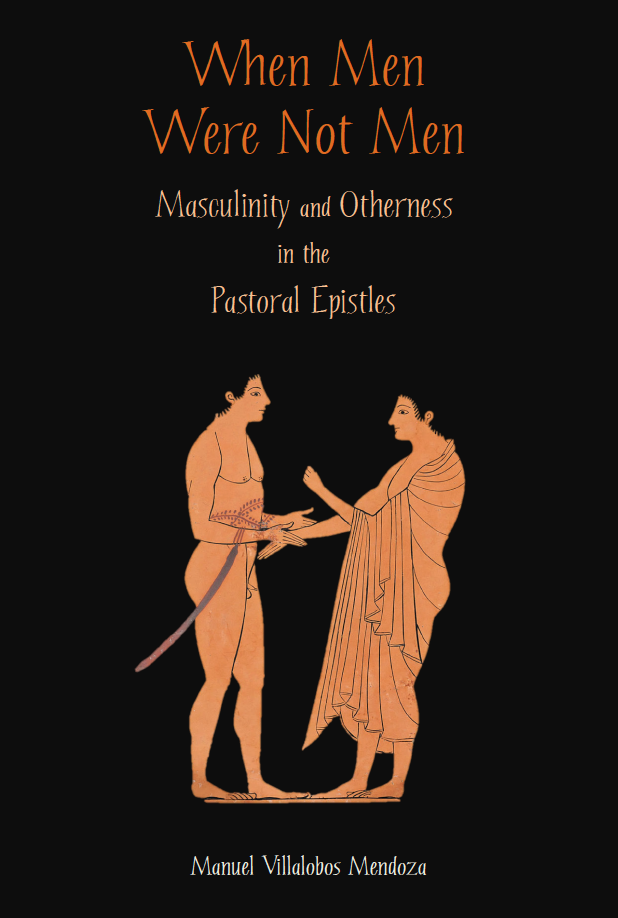The Bible and Money: Economy and Socioeconomic Ethics in the Bible
Published: Nov 2020
£70.00
What does the Bible say about money? This volume presents the researches of 18 international biblical scholars at Ansgarskolen«s Norwegian Summer Academy for Biblical Studies. Papers include:
The Prophets on Trade: Did They Consider it a Canaanite Affair?
Two Categories of Loans in the Old Testament á Give Willingly and Do Not Expect Anything? A Biblical View on Loans and Interest
Government and Economy in the Hebrew Bible: Taxes and Related Issues á State and Temple Economy in the Levant in the Persian and Hellenistic Periods
Economics and Poverty: Negotiating the Spectrum of Personal Wealth or Shared Resources
Proportionate and Sufficient Wealth: Financial Transparency in Paul's Collection for the Saints in Jerusalem á Engaging the New Testament and the Welfare State
Divine Plenty, Human Thriftiness: A Canonical Reading of (Un)Limited Resources This unusual volume is a useful resource for researchers, but also a coursebook to be used in the classroom and a comprehensive introduction to biblical economic ethics in general.
The Bible and Money: Economy and Socioeconomic Ethics in the Bible
£70.00
What does the Bible say about money? This volume presents the researches of 18 international biblical scholars at Ansgarskolen«s Norwegian Summer Academy for Biblical Studies. Papers include:
The Prophets on Trade: Did They Consider it a Canaanite Affair?
Two Categories of Loans in the Old Testament á Give Willingly and Do Not Expect Anything? A Biblical View on Loans and Interest
Government and Economy in the Hebrew Bible: Taxes and Related Issues á State and Temple Economy in the Levant in the Persian and Hellenistic Periods
Economics and Poverty: Negotiating the Spectrum of Personal Wealth or Shared Resources
Proportionate and Sufficient Wealth: Financial Transparency in Paul's Collection for the Saints in Jerusalem á Engaging the New Testament and the Welfare State
Divine Plenty, Human Thriftiness: A Canonical Reading of (Un)Limited Resources This unusual volume is a useful resource for researchers, but also a coursebook to be used in the classroom and a comprehensive introduction to biblical economic ethics in general.
When Men Were Not Men: Masculinity and Otherness in the Pastoral Epistles
Published: Nov 2014
£50.00
We are almost never encouraged in contemporary exegesis of the Pastoral Epistles to take the side of those 'dubious' and 'deviant' characters against whom our biblical author sets himself. When Men Were Not Men: Masculinity and Otherness in the Pastoral Epistles dares to give voice to those 'others' as a way to challenge the Pastor's (and his allies) 'performance' of masculinity. By deliberately highlighting texts where issues of masculinity, gender, power, race, money, (ab)use of religion and otherness are present in the Pastoral Epistles, Villalobos meticulously gazes upon bodies that have been marked as other by the sexist, racist, and homophobic abuse of these texts.
Why does the author of the PE constantly situate the 'others' in the place where Satan reigns? Why does he constantly repeat that those 'others' have deviated so greatly from the Pastor's right teaching? Why is he so obsessed with presenting himself as the legitimate promoter of right teaching? Why is the Pastor so eager to maintain the hierarchical household that privileges male over female, free bodies over slaves, manly men over effeminate bodies?
These are some of the questions Villalobos addresses in When Men Were Not Men. He shows that all these questions have to do with issues of masculinity and the proper performance of being a 'real man'. He concludes that in fact no one even among the inner circle of the author's friends was a model of pure masculinity, and that they themselves not infrequently demonstrate the kinds of behaviour he himself inveighs against.
When Men Were Not Men: Masculinity and Otherness in the Pastoral Epistles
£50.00
We are almost never encouraged in contemporary exegesis of the Pastoral Epistles to take the side of those 'dubious' and 'deviant' characters against whom our biblical author sets himself. When Men Were Not Men: Masculinity and Otherness in the Pastoral Epistles dares to give voice to those 'others' as a way to challenge the Pastor's (and his allies) 'performance' of masculinity. By deliberately highlighting texts where issues of masculinity, gender, power, race, money, (ab)use of religion and otherness are present in the Pastoral Epistles, Villalobos meticulously gazes upon bodies that have been marked as other by the sexist, racist, and homophobic abuse of these texts.
Why does the author of the PE constantly situate the 'others' in the place where Satan reigns? Why does he constantly repeat that those 'others' have deviated so greatly from the Pastor's right teaching? Why is he so obsessed with presenting himself as the legitimate promoter of right teaching? Why is the Pastor so eager to maintain the hierarchical household that privileges male over female, free bodies over slaves, manly men over effeminate bodies?
These are some of the questions Villalobos addresses in When Men Were Not Men. He shows that all these questions have to do with issues of masculinity and the proper performance of being a 'real man'. He concludes that in fact no one even among the inner circle of the author's friends was a model of pure masculinity, and that they themselves not infrequently demonstrate the kinds of behaviour he himself inveighs against.



